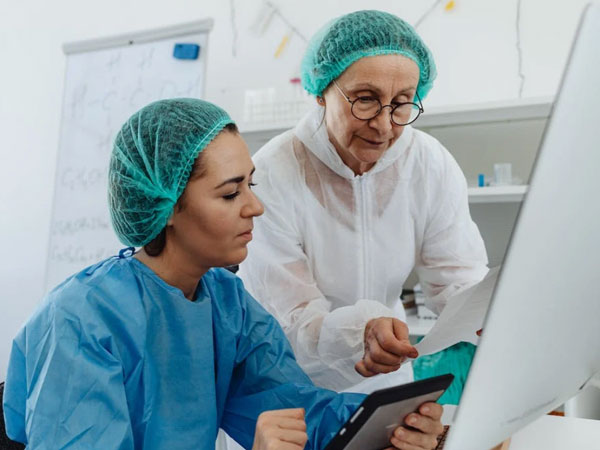Science
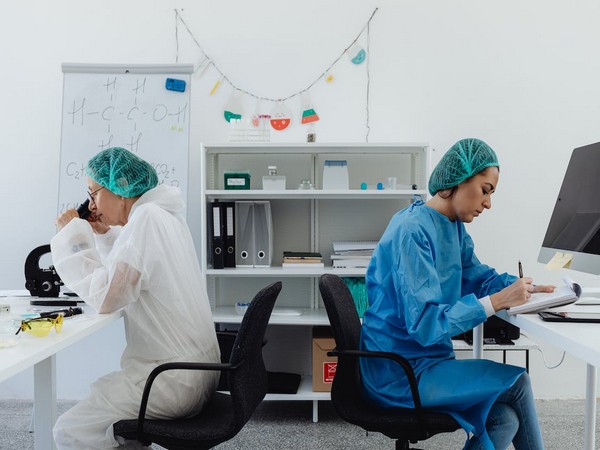
Study finds how cancer cells of fat may improve cancer treatment – World News Network
A study by Van Andel Institute scientists suggests that restricting cancer cells' access to fat may enhance the effectiveness of…
Editor's Top Picks
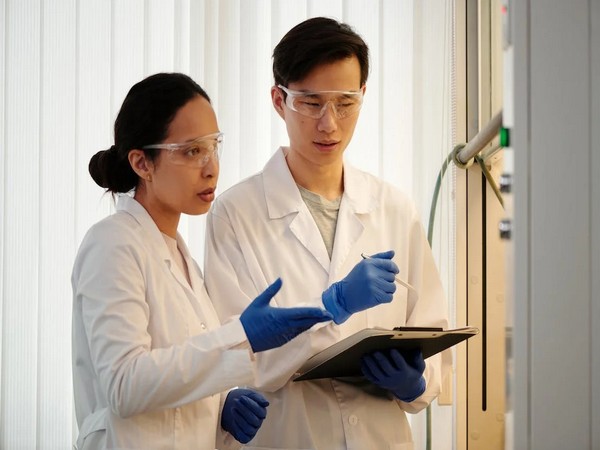
Study finds how depictions of depression are misleading – World News Network
According to a recent study conducted in Finland, people frequently receive inaccurate information on depression. The researchers claim that people…
More form Science

AI can reveals hidden hazards of chemical mixtures in rivers: Study – World News Network
Artificial intelligence can provide important insights into how complex chemical mixes in rivers affect aquatic…
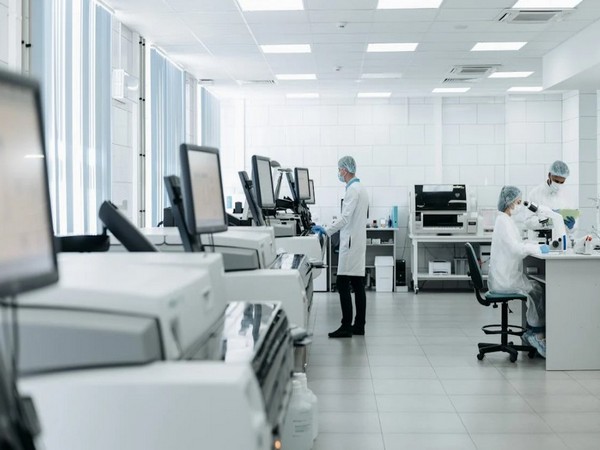
Astronomers find the smallest main-belt asteroids ever detected: Study – World News Network
The majority of known asteroids orbit inside the main asteroid belt, which is positioned between…
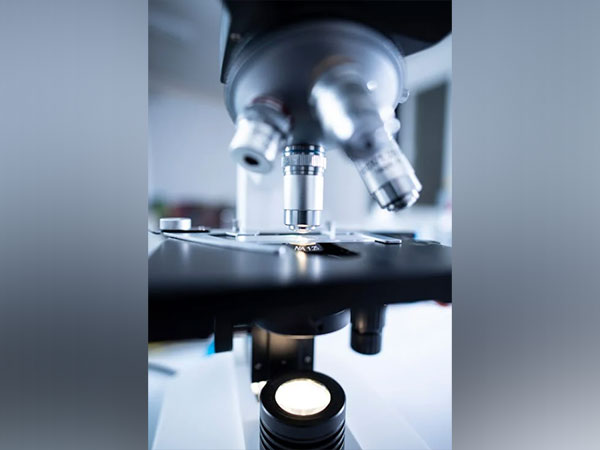
Study finds connection between quantum theory, information theory – World News Network
"Our results have no clear or direct application right now. It's basic research that lays…
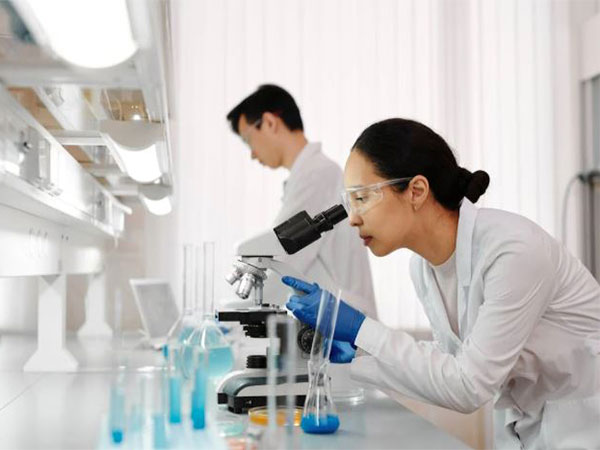
Study finds breakthrough tool for detecting problems during protein synthesis – World News Network
Protein synthesis in eukaryotic cells--found in plants, animals, and fungi--involves more than just the straightforward…
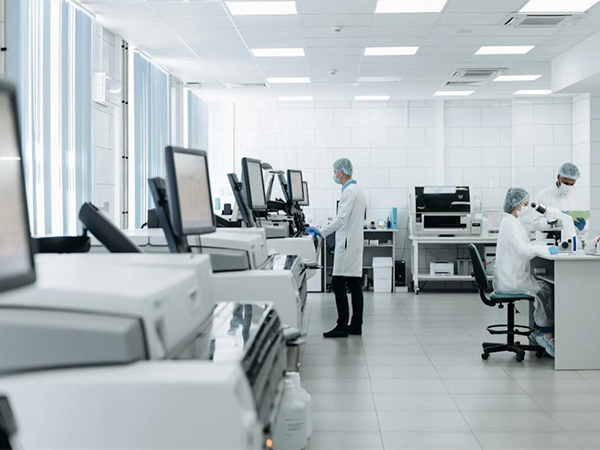
When devices can read human emotions without a camera: Study – World News Network
Tokyo Metropolitan University researchers employed long-term skin conductance measurements to distinguish between emotions. Volunteers were…

